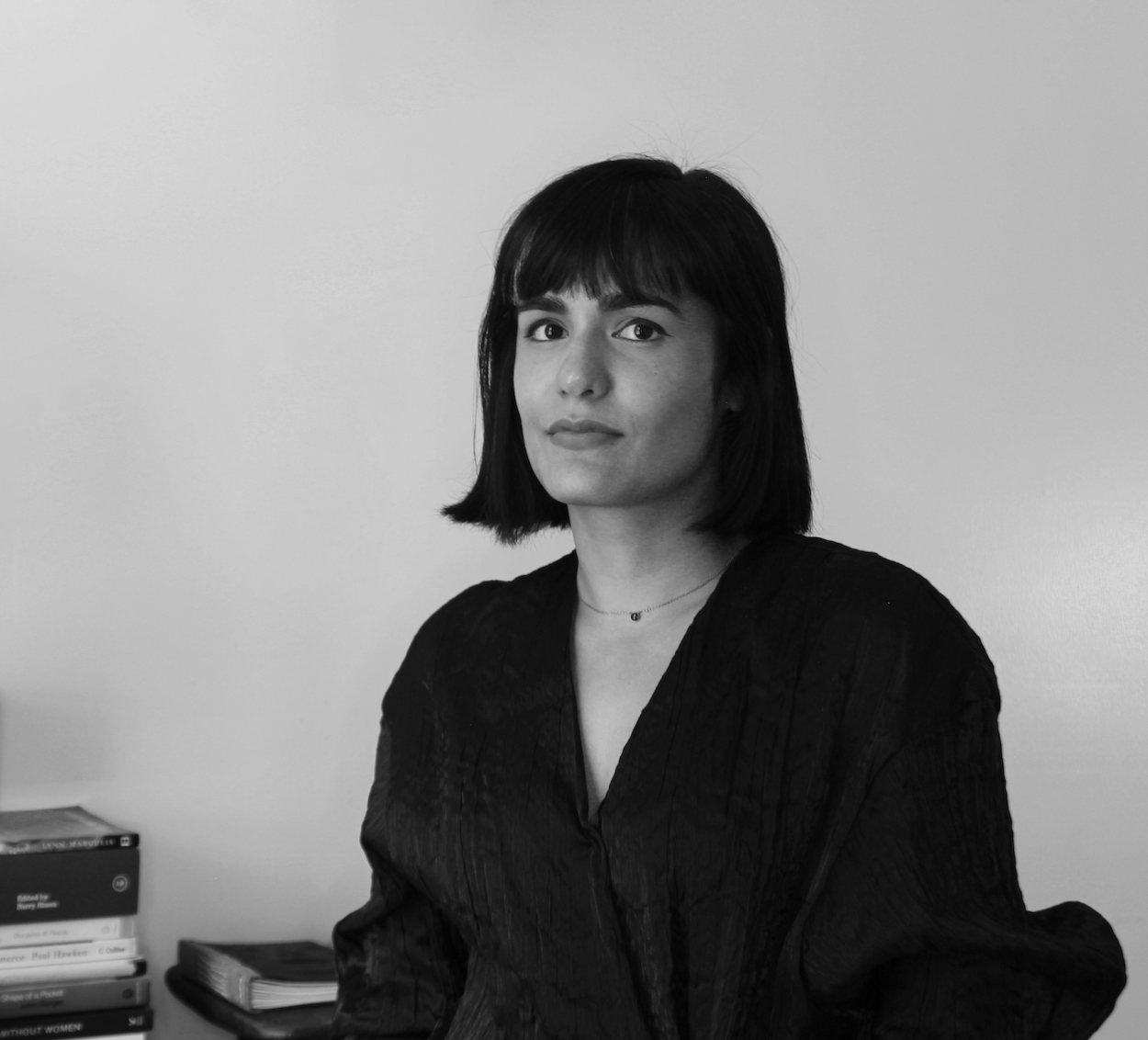
Anubha Sood
Anubha Sood is an artist living and working in the USA. Anubha’s exploratory practice is devoted to the study of bio-materials, from bacteria and human hair to her latest, seagrasses. Her formative years were spent in India, where she witnessed the environmental and social toll exacted by the textile industry in her native home. Sood’s work critiques these current production systems while visualizing a more equitable, sustainable path forward. She sees weaving, the intuitive act of making, as a personal healing process and a catalyst to physically engage with her environment.
How would you improve the world if you had access to all the powers?
I don’t think it can possibly lead to any good if one individual has access to all the power.
What are the biggest sustainability challenges in your work, and how are you addressing them?
Sourcing yarn ethically is the biggest challenge for me in my practice. I predominately work with unconventional materials that I collect or forage – plants, seaweed, yeast, and hair. But to make these materials into textile or anything malleable, I combine them with other natural fibers. For now, I source my yarn from India because I am familiar with the weaving community there and trust their process. But I am always looking to collaborate or connect with yarn suppliers in other parts of the world.
Which conscious lifestyle choices are you making? And are you considering any new ones?
Over the last two years, I have focused on my dietary habits a lot, eating clean, home-cooked meals, learning kitchen tricks from my mother. Kitchen practices have also found a way to inform my textile work, like growing bacteria into textiles, algae biomaterial, and extracting dye from fruits. I am very excited about this union of textiles and the kitchen, and I hope to delve more into my interest. Like learning more about the history of gardening and dye matter, how layers of soil impact growth, about the role of fungus and bacteria. I think The Slow Factory had this quote on their website, “everything is returned to the earth as poison or as nourishment” I think its so simple and powerful if one just thinks of the Earth as another living organism.
What have you rebelled against in the past, and what are you rebelling against now?
I am a person of color, where would you like me to start?
What was the inspiration for your Steinbeisser pieces?
The creatures that live in a kelp forest and the relationship they share.
Describe your work in 3 words!
Raw. Curious. Ephemeral.
What has been your favorite dining experience?
I have a boiled egg every day as soon as I wake up. I don’t understand why but it has been my favorite meal for eight years.
What excites you about tomorrow?
To be honest, nothing. For me, it is anxiety-inducing to think about tomorrow.